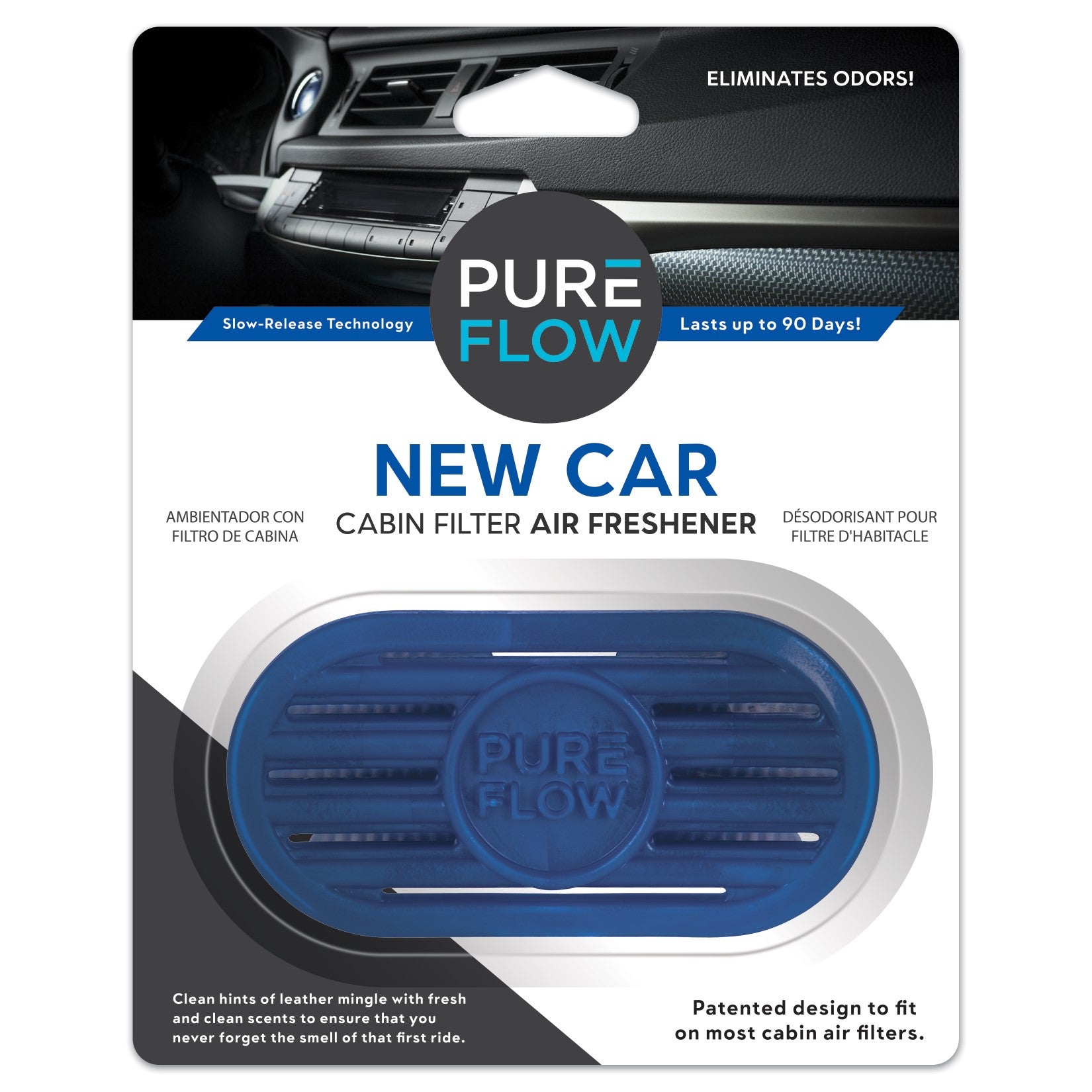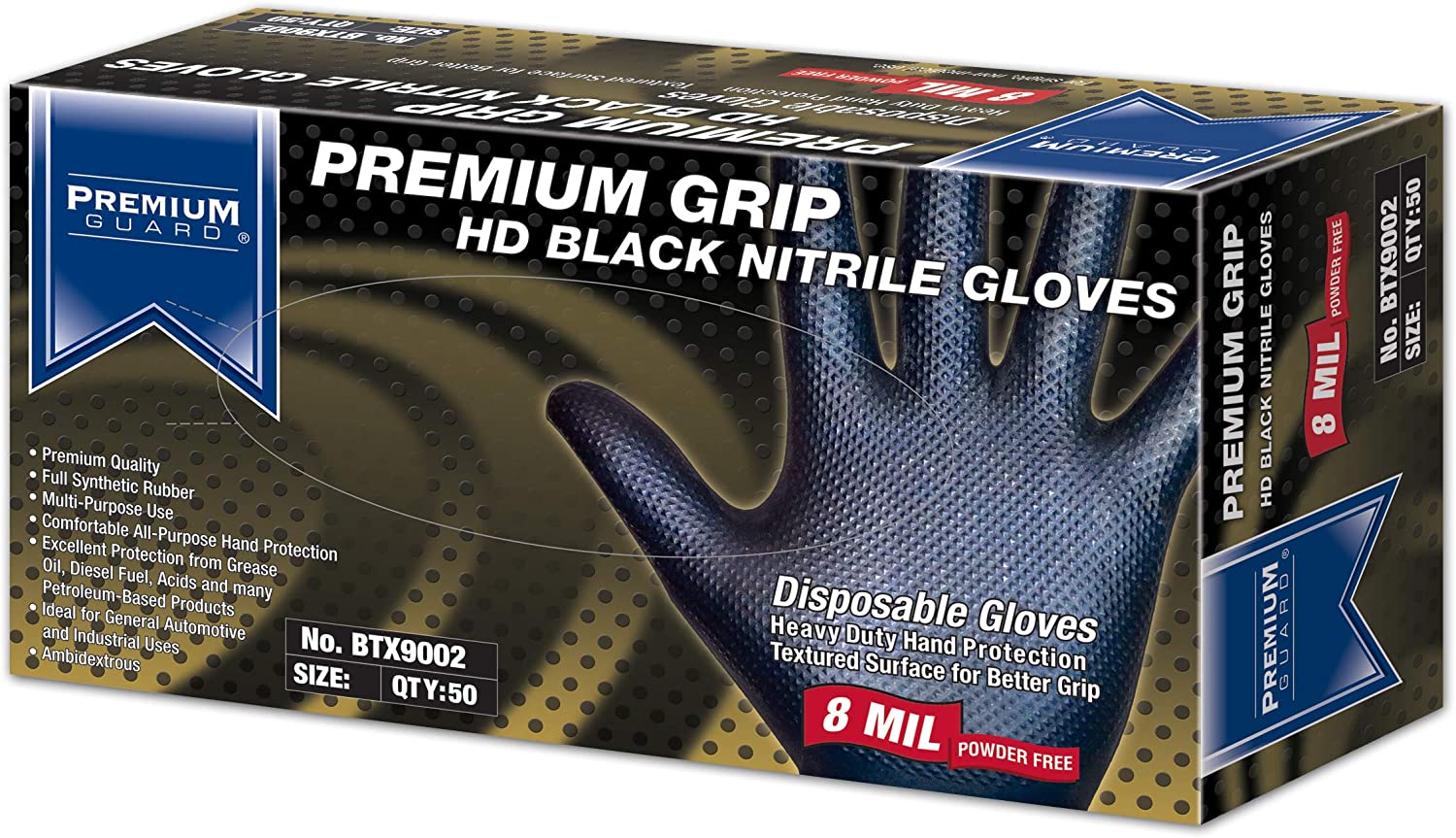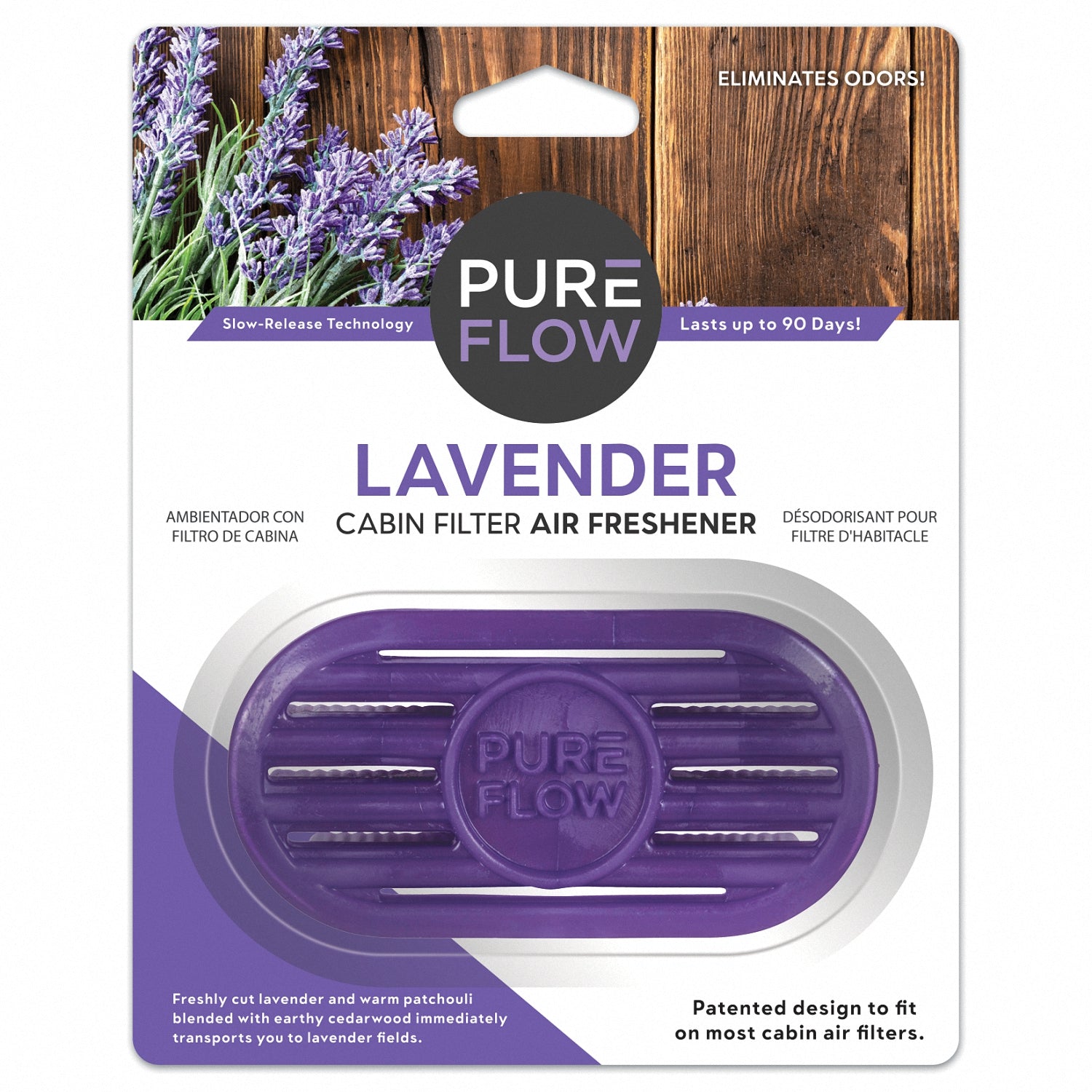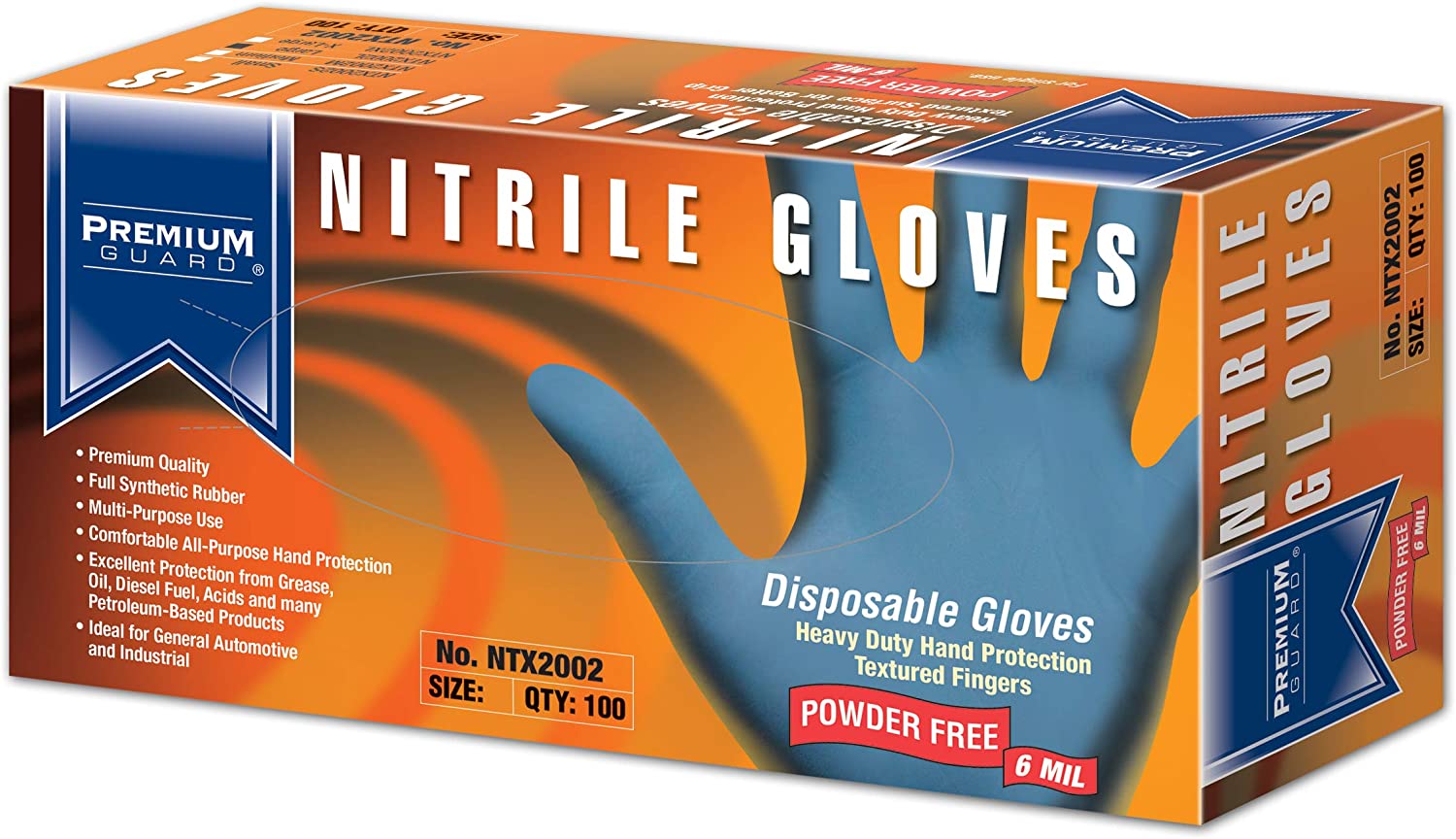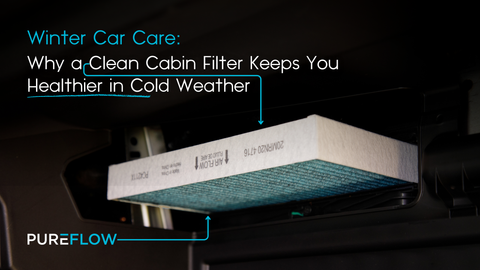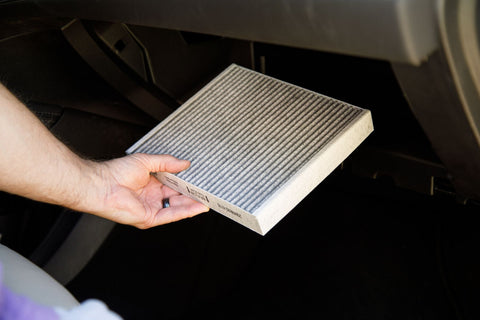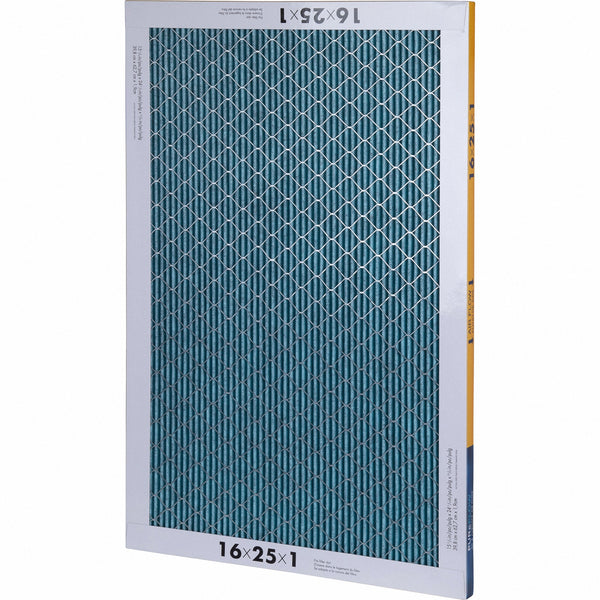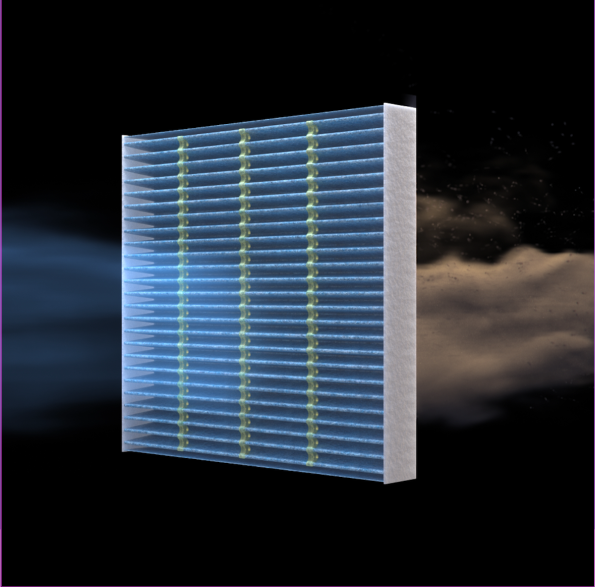Whether you like it or not, winter is on its way. Before the snow starts falling and the temperatures start dropping, you can make some preparations to be sure that your house stays comfortable and cozy for the long winter season. From sealing windows and doors to keep the air out, to changing your furnace filter to ensure you’re breathing healthy air, we’ve put together a handy checklist to ensure you get everything taken care of including important house installations.
Your Home Winterization Checklist
Change your HVAC Filters: Changing your home air filters is one of the easiest and most impactful ways to prepare your home for winter. You’ll spend a lot of time indoors over the winter, and ensuring you have clean air will keep your home and your family healthy and comfortable. Clean home air filters ensure that your heating system stays efficient. Over time, furnace filters collect dust and debris, which can reduce the efficiency of your heating system. Regularly changing your furnace filter also helps prevent your furnace from breaking down, leading to loss of heat and expensive service and repair bills.
Turn off the water to and cover outside faucets: A homeowner’s nightmare? Frozen pipes! When your pipes freeze, they can expand and burst, causing significant flooding and damage to your home. You can avoid this by turning off the water supply to your outdoor faucets and draining any remaining water. You can also protect your home from frozen and burst pipes this winter by covering your outdoor faucets with insulated covers and caps. Outdoor faucets are directly exposed to the elements, making them more susceptible to freezing. By covering your faucets, you’re helping keep them at a warm temperature, minimizing the risk of frozen and burst pipes and the problems that come with them.

Recaulk windows and doors: Have you noticed chilly drafts or a spike in energy bills? That might be a sign that cold air is coming in through tiny gaps around your windows and doors. When the cold air comes in, it makes your home colder and will increase your energy bill because your heating system will have to work harder. To prevent this, you should check for any gaps or cracks around these areas and recaulk to keep the cold air out and your energy costs lower. To start, look at your windows and doors inside and outside your home to find any damage or noticeable gaps. A simple test to look for drafts is to take a candle a few inches from your door or window, and if the candle extinguishes, you know to recaulk that area.
Request an energy audit from your utility company: Did you know your utility company likely offers free or low-cost energy audits? During these audits, a utility company worker will come to your home and help you find areas that are wasting energy and losing heat. The worker will go from room to room in your home and inspect your insulation, windows, indoor air quality, and HVAC system; they may also look at your past utility bills. When the audit is done, you will have a report of everything you can do to make your home more efficient and lower energy and heating costs. Some common recommendations include upgrading to more energy-efficient HVAC systems and replacing doors and windows.
Receive tax credits for energy-efficient projects: The Inflation Reduction Act (IRA) of 2022 allows homeowners tax credits for energy-efficient home improvements. You can receive up to a 30% tax credit for qualifying expenses, such as upgrading your home insulation, replacing old windows and doors, and switching to energy-efficient HVAC systems and water heaters. These improvements will qualify you for savings during tax season and help reduce your energy consumption and lower your energy bill. It’s a win-win!
As winter approaches, preparing your home for the long season can significantly impact your family's comfort and prevent high energy and service bills. By tackling things like changing your home air filter, covering outdoor faucets, recaulking windows and doors, and finding ways to become more energy efficient, you'll have a safe, warm, and cost-efficient season. What are you going to cross off your list first?




